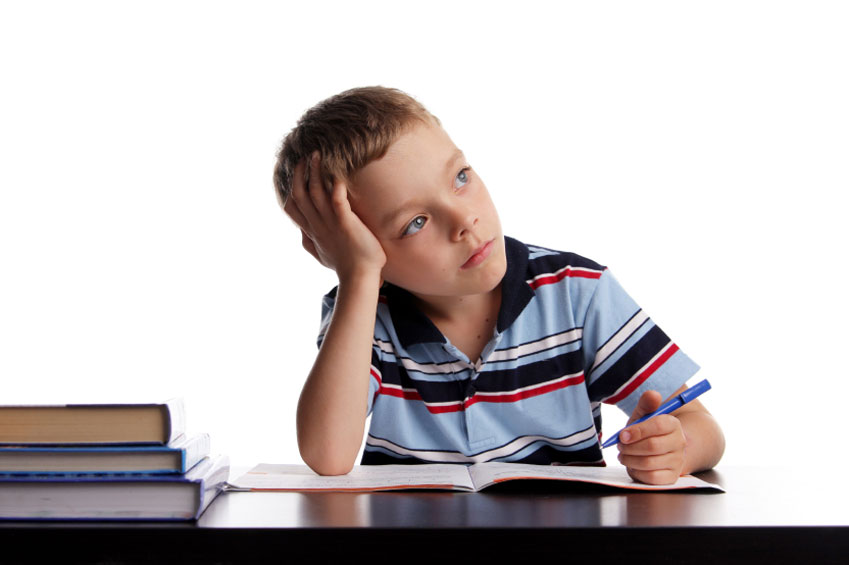- About Us
- Our Staff
- Services
- Locations
- Resources
- Contact Us
- Blogs
- We're Hiring
- Request An Appointment

Childhood ADHD

Do You Worry That Childhood ADHD is Limiting Your Child’s Life?
- Does your child have trouble concentrating, sitting still, or completing tasks?
- Have you noticed your child acting impulsively?
- Has your child been diagnosed with ADHD?
- Do you worry that medications aren’t helping your child live the full, happy life you want for him or her?
If your child displays symptoms of or has been diagnosed with childhood ADHD, you may feel confused and overwhelmed. You might be frustrated by your child’s impulsive or hyperactive behavior. If your child acts out around friends, throws tantrums in public, or refuses to complete schoolwork, you may feel helpless. You may wish you knew a way to help your child manage his or her feelings and impulses.
Perhaps you are apprehensive about medications, but aren’t sure what else to do. You may have noticed your child acting listless, depressed, or panicky after starting medication and wonder why. Maybe you aren’t convinced that your child’s diagnosis is correct, or feel that his or her current treatment is ineffective. More than anything, you may just wish you could find the best way to help your child grow into a happy, healthy adult.
Medications May Be Contributing to Your Child’s Struggle
Many children are diagnosed with and medicated for childhood ADHD – and sometimes unnecessarily. Before the age of 25, most people have not fully developed the ability to effectively regulate themselves, often leading to an ADHD diagnosis. However, the symptoms of an attention disorder – the inability to sit still, the struggle to focus, the urge to act out – are often connected to other issues. Some children suffer from anxiety, which can manifest as an inability to be calm or focused and result in a quick childhood ADHD diagnosis. Other children may struggle with an undiagnosed learning disorder or difficulty processing information. In such cases, medication may actually do more harm than good.
Most childhood ADHD medications contain stimulants and create dopamine. While these medicines can help children with true attention disorders manage reactions and control impulsive behavior, they can also cause many children to feel hyper or panicky. Other children may struggle to sleep at night and receive another prescription for a medical sleep aid. And, still other prescribed ADHD medications inhibit the creation of norepinephrine and can make children depressed.
While it is entirely possible to use medication wisely and effectively, these drugs can be addictive and easy to abuse. Because of these risks and side effects, medication is often not a long-term solution to childhood attention disorders, and can be ineffective in treating other buried causes of ADHD-like behavior. But, there is hope.
Waterford Counseling offers a different, systems-focused, and sustainable approach to identifying, treating, and managing childhood ADHD symptoms. A systems approach may include a combination of individual behavior therapy to improve your child’s self-esteem and self-control; family therapy to guide and empower you, as parents, to manage your child’s behavior; and/or neurofeedback to improve long-term mood and behavior self-regulation. The American Academy of Pediatrics considers these methods very effective, and they have the highest level of evidence-based support.
Your Child Can Develop Sustainable, Healthy Habits
At Waterford Counseling and Psychological Services, our psychologists are dedicated to helping you understand fully the underlying causes of your child’s problems. Your child’s psychologist will perform a detailed evaluation to determine the root cause of his or her struggles. Once we understand what is really occurring, your psychologist can find the most comprehensive, effective approach to helping your child learn ways to manage behavior and feel successful.
When it comes to treating your child for ADHD, we are committed to using a comprehensive approach. In sessions, your child’s therapist can help him or her develop better internal self-control and self-regulation. We will also include you, as parents, in your child’s treatment. We will provide you with viable strategies so you can best help your child self-regulate and control impulsive or hyperactive behavior. For example, we can teach you ways to help get your child into bed at night, or help you find the best method of discouraging compulsive activities. Often, children need a reward rather than punishment. We can also help you find useful tools and systems for holding your child accountable for chores or other tasks.
At Waterford Counseling, we want to help your child move forward. While some serious attention disorders may require ADHD medication, most children do not have to use medicines for life. In fact, for most, medication will not lead to lifelong stability. Rather, with therapy, you can help your child take steps toward a healthy, effective and successful future.
Although you may feel like your child needs help managing ADHD symptoms, you may still have questions or concerns…
Medication Seems to Make My Child Quiet and Happy. Why Should I Seek Other Childhood ADHD Treatment?
While ADHD medications do help some children in the short-term, they are not a sustainable solution for the long-term. Medication can’t help your child learn to understand his or her body’s signals and regulate his or her own behavior. However, a trained and experienced Waterford psychologist can identify possible underlying issues and help your child move forward in the fullest possible way. With neurofeeback therapy, combined with our comprehensive systems treatment approach, your child can learn to manage him or herself without relying on medication for life.
My Child Throws Tantrums. I Can’t Leave Him or Her Alone.
If your child has trouble controlling his or her emotional outbursts, Waterford Counseling is just the right place. Our psychologists understand the importance of a therapeutic relationship and will work to form an alliance with you and your child. First, if it helps, we can begin treatment with your child on your lap. As therapy proceeds, your child will gradually learn ways to regulate his or her impulses, which will help stop the tantrums.
This Process Seems Too Long and Too Hard
While a psychological approach may have fewer immediate effects than medication, our comprehensive treatment approach has incredible long-term benefits. You and your psychologist can set reasonable goals for your child. Once we have a place to start and a place to shoot for, we can celebrate each success along the way. Treating childhood ADHD is a process, but one full of possibility.
You Can Help Your Child Manage Childhood ADHD Symptoms
You don’t need to feel overwhelmed by your child’s behavior or fearful about your child’s future. Waterford Counseling and Psychological Services can help bring direction and light to your child’s struggles. Like any parent, you want the best for your child. Let us help you find the path toward sustainable, comprehensive treatment.
We invite you to call Waterford Counseling Services at 630-898-5322 for a free, brief phone consultation.

Oswego Location
Quick Links
Copyright © 2024 - Waterford Counseling & Psychological Services. All right reserved.
Powered By: Aguilera Web Design


